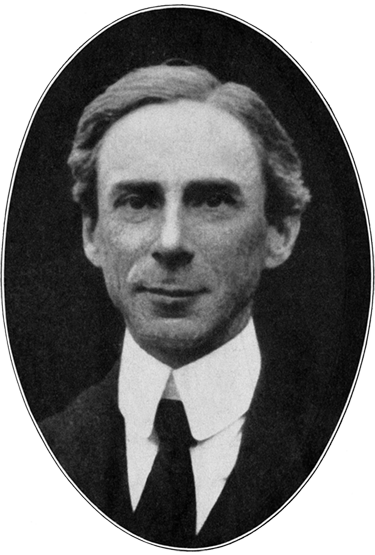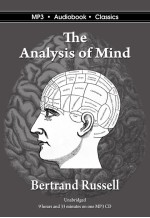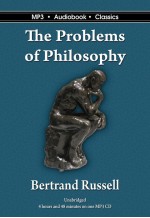|
Bertrand Russell
(May 18, 1872 – February 2, 1970) was a British philosopher and logician
as well as a writer, historian, social critic and political activist.
He is considered one of the founders of analytic philosophy, along with
Gottlob Frege, G. E. Moore, and his protégé Ludwig Wittgenstein, and led
the British “revolt against idealism”. His work in philosophy had a
major impact on the philosophy of language, epistemology, and
metaphysics, which, in turn, exerted a major influence on logic,
mathematics, linguistics, artificial intelligence and computer science.
He attempted to formulate a logical basis for mathematics in Principia Mathematica, which he wrote with Alfred North Whitehead.
Although he was born into one of the
most prominent aristocratic British families, Russell was a vocal
anti-war activist and was imprisoned for his pacifism during World War
I. He was anti-imperialist, campaigned against Hitler, criticized
Stalinism, opposed the United States involvement in Vietnam and
advocated nuclear disarmament. He was awarded the Nobel Prize in
Literature in 1950 for his writing to “champion humanitarian ideals and
freedom of thought”.
|



